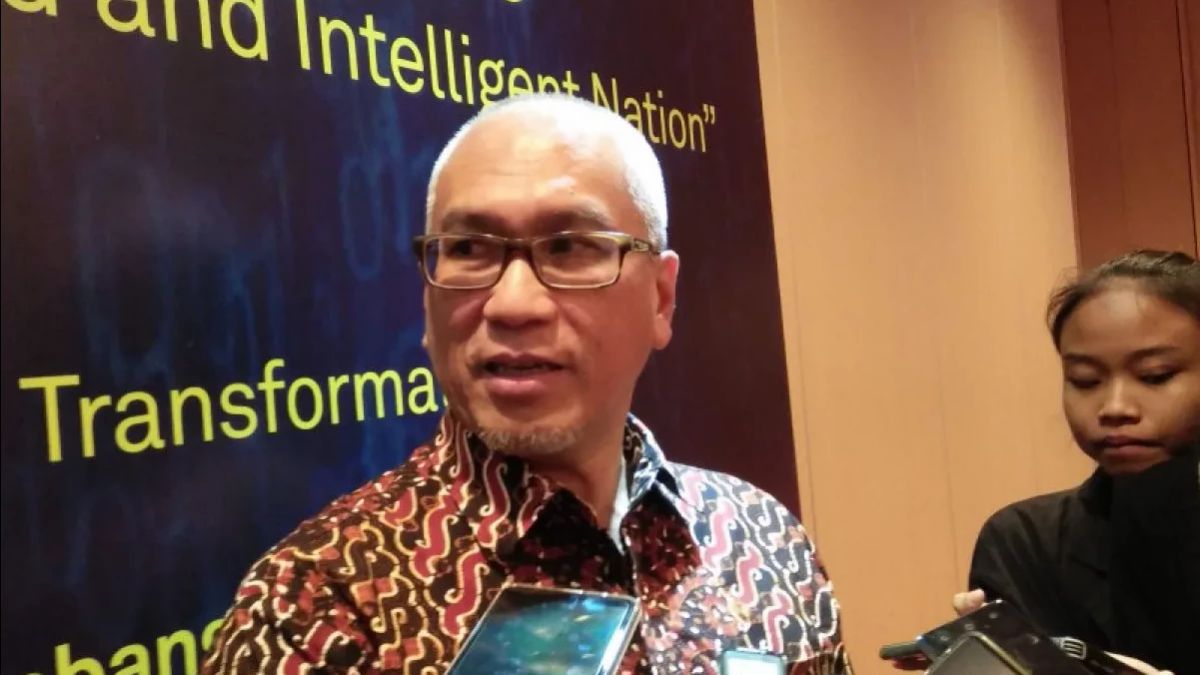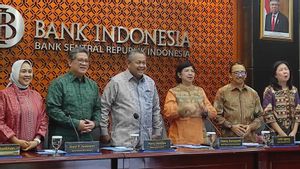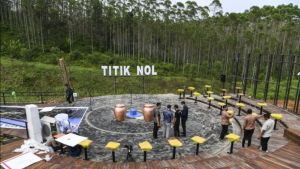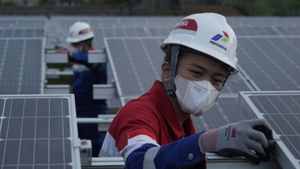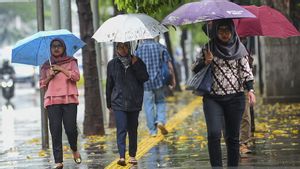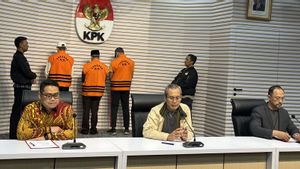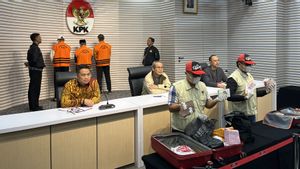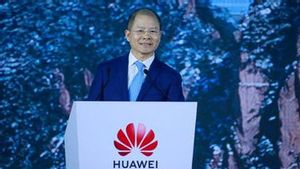JAKARTA - Head of the Center for State Revenue and Expenditure Policy of the Fiscal Policy Agency (BKF) Wahyu Utomo said that innovation is needed in the form of accelerating economic transformation as a strategy in facing economic challenges in Indonesia.
"The strategy cannot be in ordinary ways, but must be with innovation, and in our opinion the innovation must be by carrying out economic transformation," Wahyu said as quoted by ANTARA, Thursday, November 23.
According to Wahyu, the current economic challenges for Indonesia can be divided into two types, namely fundamental and dynamic challenges.
The fundamental economic challenges in question include the demographic transition or aging population, then the threat of climate change, future pandemic risks, and digitization due to artificial intelligence (AI).
"The challenge of economic digitization on the one hand is indeed a threat, but if we make a strategy that is compatible with IT's progress, it will be a window opportunity," said Wahyu.
The second type of economic challenge that Wahyu is referring to is dynamic challenges which are actually an escalative global economic risk.
Some of the phenomena that are considered a dynamic challenge are that inflationary pressures are still high in various countries, interest rates that will continue to be high for longer, and increasing geopolitical tension in Europe and the Middle East.
"Then the disruption of global supply chains, China's economic slowdown and global slowdown prospects," he explained.
These challenges will have an impact on the first, the prospect of Indonesia's own economic growth. Second, the volatility of the Indonesian financial sector, and third, the volatility of food and energy commodity prices which has recently soared.
Wahyu explained that several policy reforms have been carried out by the government after the COVID-19 pandemic as the initial capital for economic transformation.
First, the implementation of the Omnibus Law on the Job Creation Law through the launch of the Online Single Submission (OSS) in 2021 to accelerate the licensing process and accelerate the National Strategic Project (PSN).
Second, fiscal reform through the Law on Harmonization of Tax Regulations (HPP), and the Law on Financial Relations between the Central Government and the Regional Government (HKPD).
On another occasion, Coordinating Minister for Economic Affairs Airlangga Hartarto assessed that structural reforms are the key in realizing a sustainable economic transformation.
This is considering Indonesia's position which is currently at a crucial moment to prepare various prerequisites for realizing Indonesia Gold 2045.
The implementation of economic transformation and optimization of potential is the basis for achieving this vision.
According to him, through the Draft National Long-Term Development Plan (RPJPN) 2025-2045, which is currently being prepared to draft the stages of economic transformation.
SEE ALSO:
Each of these stages has a target for achieving economic growth, a target for the role of the manufacturing industry in Gross Domestic Product (GDP), and a target for the proportion of the middle class.
In addition to strengthening economic transformation, policy strategies are also implemented to encourage the optimization of various potentials, one of which is targeting aspects of human resources (HR).
The English, Chinese, Japanese, Arabic, and French versions are automatically generated by the AI. So there may still be inaccuracies in translating, please always see Indonesian as our main language. (system supported by DigitalSiber.id)
